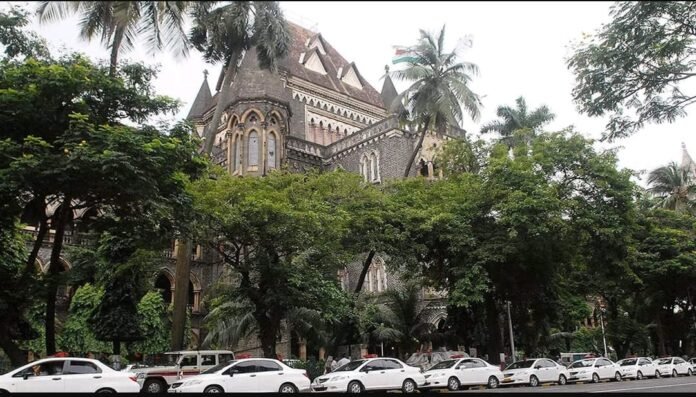The issue of whether the government can have unlimited discretion to label what is fake and misleading is a complex and debated topic. In many democratic societies, freedom of speech and expression is considered a fundamental right. However, this right is not absolute and is subject to certain limitations, such as the prohibition of hate speech, incitement to violence, or defamation.
Governments may enact laws to regulate the spread of false or misleading information, especially in cases where it poses a threat to public safety, national security, or the functioning of democratic processes. These laws often aim to strike a balance between protecting the public from harmful misinformation and safeguarding freedom of expression.
The interpretation and application of such laws can vary across different jurisdictions. Courts play a crucial role in determining the legality and constitutionality of government actions, including labeling information as fake or misleading. Judicial oversight helps ensure that the government’s exercise of discretion is within the boundaries of the law and does not unduly infringe upon individuals’ rights.
In the specific case you mentioned, the Bombay High Court, as an independent judicial body, would have assessed the government’s actions in light of relevant laws, constitutional provisions, and principles of justice. The court’s decision would consider various factors, including the specific context of the case and the potential impact on freedom of speech.
It is important to refer to the specific judgment or legal developments in the case to fully understand the court’s reasoning and the implications of its decision. Legal interpretations can vary, and courts often provide detailed analysis and reasoning to support their conclusions.

